All East Freetown Addiction Treatment Centers
-
Jon Carter Treatment Consultant
New Hampshire
Pelham, New Hampshire 03076Treatment Programs
- Drug Rehab
-
High Point Reflections Court Alternative Program CAP
493-497 Belleville Avenue
New Bedford, Massachusetts 02746Treatment Programs
- Alcohol Rehab
- Dual Diagnosis
- Opioid Addiction
- +4
Insurance
- Private insurance
- Self-pay options
- +6
-
PAACA Coggeshall Street
360 Coggeshall Street
New Bedford, Massachusetts 02746Treatment Programs
- Dual Diagnosis
- Drug Rehab
- Adult Program
- +1
-
High Point Womens Addiction Treatment Center WATC
108 North Front Street
New Bedford, Massachusetts 02740Treatment Programs
- Alcohol Rehab
- Dual Diagnosis
- Opioid Addiction
- +4
Insurance
- Medicaid
- Private insurance
- +6
-
High Point Treatment Center 10 Kilburn Street
10 Kilburn St
New Bedford, Massachusetts 02740Treatment Programs
- Alcohol Rehab
- Dual Diagnosis
- Opioid Addiction
- +4
Insurance
- Medicaid
- Private insurance
- +5
-
Gifford Street Wellness Center
34 Gifford Lane
Bedford, Massachusetts 02740Treatment Programs
- Dual Diagnosis
- Opioid Addiction
- Adult Program
- +3
Insurance
- Self-pay options
- Financial aid
- +5
-
Steppingstone Inc
979 Pleasant Street
New Bedford, Massachusetts 02741 -
Steppingstone Womens Therapeutic Community
979 Pleasant Street
New Bedford, Massachusetts 02740Treatment Programs
- Alcohol Rehab
- Dual Diagnosis
- Opioid Addiction
- +3
Insurance
- Self-pay options
- Private insurance
- +1
-
Steppingstone New Bedford Womens Graduate Program
977 Pleasant Street
New Bedford, Massachusetts 02740Treatment Programs
- Alcohol Rehab
- Dual Diagnosis
- Opioid Addiction
- +3
Insurance
- Medicaid
- Private insurance
- +4
-
Child and Family Services North Street
543 North Street
New Bedford, Massachusetts 02740Treatment Programs
- Dual Diagnosis
- Young Adult Rehab
- Adult Program
- +2
Insurance
- Medicaid
- Private insurance
- +5
-
High Point Treatment Center Purchase Street
842 Purchase Street
New Bedford, Massachusetts 02740Treatment Programs
- Alcohol Rehab
- Dual Diagnosis
- Opioid Addiction
- +4
Insurance
- Medicaid
- Self-pay options
- +4
-
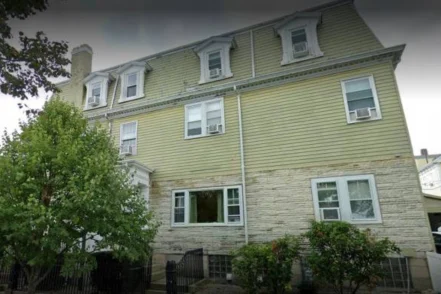
SEMCOA New Chapters
33 South Sixth Street
New Bedford, Massachusetts 02740Treatment Programs
- Alcohol Rehab
- Dual Diagnosis
- Opioid Addiction
- +6
Insurance
- Self-pay options
- Financing available
- +1
-
SSTAR Stanley Street
386 Stanley Street
Fall River, Massachusetts 02720Treatment Programs
- Alcohol Rehab
- Dual Diagnosis
- Opioid Addiction
- +6
Insurance
- Medicaid
- Private insurance
- +4
-
SSTAR The Womens Center
386 Stanley Street
Fall River, Massachusetts 02720Treatment Programs
- Drug Rehab
- Dual Diagnosis
- Opioid Addiction
- +1
-
SEMCOA WRAP House
105 South Street
New Bedford, Massachusetts 02740Treatment Programs
- Alcohol Rehab
- Dual Diagnosis
- Opioid Addiction
- +3
Insurance
- Free
- Self-pay options
- +1
Other Nearby Cities
Top Drug Rehab Centers in Massachusetts
-
 Massachusetts
MassachusettsNew Horizons Medical
1180 Beacon Street, Suite 3C Brookline, Massachusetts 02446
Treatment Programs
- Alcohol Rehab
- Dual Diagnosis
- Opioid Addiction
- +6
-
 Massachusetts
MassachusettsTopsail Addiction Treatment
140 Haverhill Street, Suite 8 Andover, Massachusetts 01810
Treatment Programs
- Alcohol Rehab
- Opioid Addiction
- Drug Rehab
- +1
-
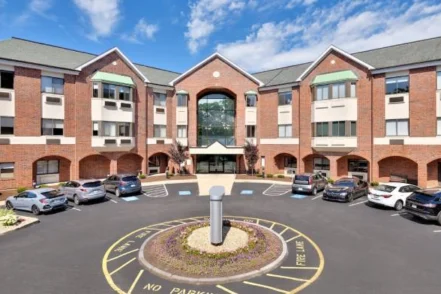 Massachusetts
MassachusettsBedrock Recovery Center
1 Meadowbrook Way Canton, Massachusetts 02021
Treatment Programs
- Dual Diagnosis
- Drug Rehab
- Adult Program
- +2
-
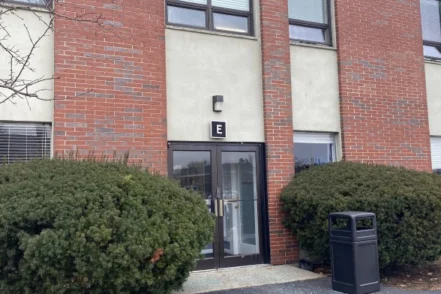 Massachusetts
MassachusettsAftermath Addiction Treatment Center
607 North Ave , Suite 11 E Wakefield, Massachusetts 01880
Treatment Programs
- +-3
-
 Massachusetts
MassachusettsAvenues Recovery Center at New England
81 Hall Street Concord, Massachusetts 03301
Treatment Programs
- Alcohol Rehab
- Dual Diagnosis
- Opioid Addiction
- +5
-
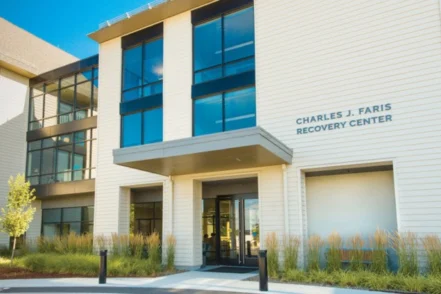 Massachusetts
MassachusettsNew England Recovery Center
153 Oak Street Westborough, Massachusetts 1581
Treatment Programs
- Alcohol Rehab
- Dual Diagnosis
- Adult Program
- +0
-
 Massachusetts
MassachusettsSSTAR Stanley Street
386 Stanley Street Fall River, Massachusetts 02720
Treatment Programs
- Alcohol Rehab
- Dual Diagnosis
- Opioid Addiction
- +6
-
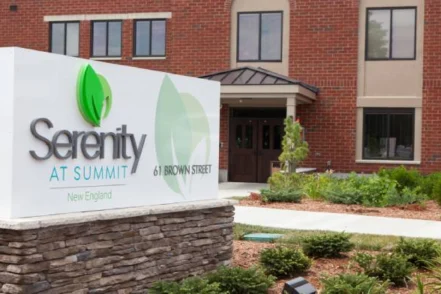 Massachusetts
MassachusettsSerenity at Summit New England
61 Brown Street Haverhill, Massachusetts 01830
Treatment Programs
- Alcohol Rehab
- Dual Diagnosis
- Opioid Addiction
- +4
-
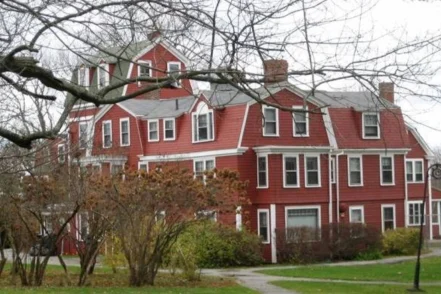 Massachusetts
MassachusettsBaldpate Hospital
83 Baldpate Road G Georgetown, Massachusetts 01833
Treatment Programs
- Drug Rehab
- +-2
-
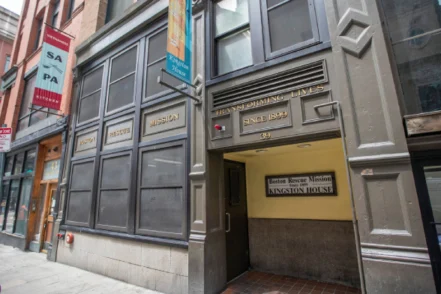 Massachusetts
MassachusettsBoston Rescue Mission Outpatient Counseling
39 Kingston Street Boston, Massachusetts 02111
Treatment Programs
- Alcohol Rehab
- Dual Diagnosis
- Opioid Addiction
- +4
-
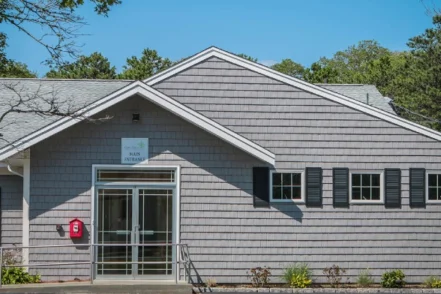 Massachusetts
MassachusettsRecovering Champions
279 Brick Kiln Road Falmouth, Massachusetts 02536
Treatment Programs
- Alcohol Rehab
- Dual Diagnosis
- Opioid Addiction
- +4
